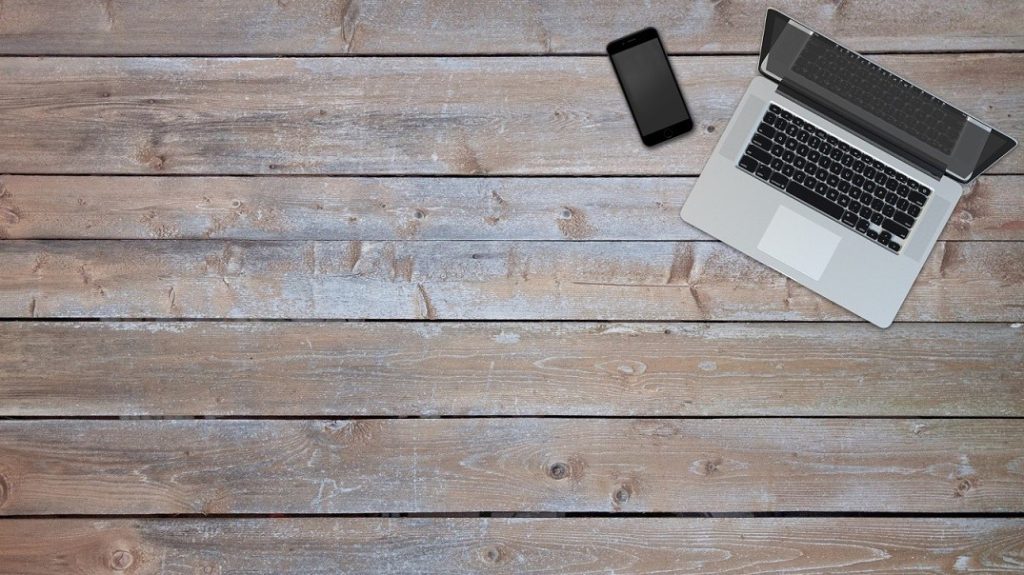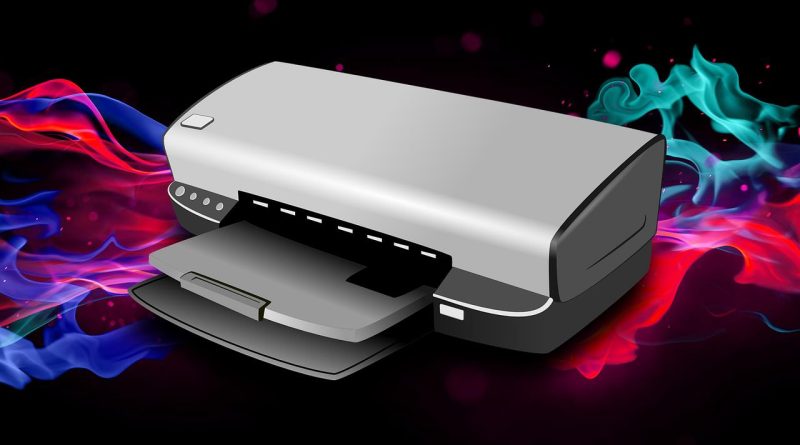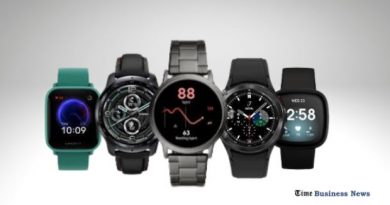Top iFax Faxing Security Tips for HIPAA Compliance
Confidential documents are often sent and received by fax in the healthcare sector. What explains its enduring nature? Faxing is a well-known technology that is also a HIPAA-approved way to send documents. Covered companies need to adhere to HIPAA rules when transferring medical records.
Healthcare professionals must always remember that patient information is private. That holds for information-sharing procedures like faxing and spoken interactions with patients, caregivers, and other healthcare professionals. All employees should constantly ensure compliance with the Health Insurance Portability and Accountability Act (HIPAA) because most healthcare firms still transmit faxes regularly.
You must comprehend precisely what information needs to be safeguarded, how to preserve it, and what the penalties are for non-compliance if you are considered a “covered entity” under HIPAA standards. The federal government’s Health & Human Services Office for Civil Rights fines healthcare providers and other covered entities every year for failing to secure patient information.
Faxes holding patients’ protected health information are frequently sent and received in the healthcare industry (PHI). Although electronic health records (EHRs) are working toward interoperability, we’re just not there yet. One of the safest and most dependable ways to exchange PHI with other healthcare organizations, insurance companies, and healthcare exchanges is by fax.
Security Tips for HIPAA Compliance
Use An Online Fax Service Instead
The least effective way to share documents is through traditional faxing. Interoperability, which makes it simple to access information across many networks, is not well suited to it.
The features of cloud-based or online faxing services, such iFax, differ from traditional faxing. One benefit is that all your faxes are now securely stored in the cloud. It’s also a less expensive option because you won’t need to buy paper, ink, or filing supplies.
You can send faxes directly from your computer or phone by using a cloud-based HIPAA faxing service. Additionally, it is safer because most online fax service providers encrypt your data using military-grade encryption. There are many online fax service providers to pick from, but be sure the one you choose complies with the rules you need to follow. High-quality fax services will be HIPAA-compliant right out of the gate.
Before releasing the fax, healthcare providers should call the patients to make sure that their fax machines are in a secure location. In this case, a protected site is any fax machine that is out of sight of the general public.
Never Leave A Fax Machine Unattended.
Maintain a close watch on your documents at all times. A HIPAA violation may result from leaving patient records unattended, even if you only need to complete a small job while sending a fax. Additionally, it would help if you kept these faxes in a safe place.
Online faxing is subject to the same guidelines. Suppose you must leave your workplace while a transmission is in progress; lock or turn off your device. Even better, create a password to restrict access.
Only those with permission should be able to use the fax machine. Always ensure you have typed the correct fax number into the machine. A fax cover sheet should be included to ensure the document’s confidentiality.
Healthcare professionals should phone patients to confirm that their fax machines are in secure places before sending the fax. In this situation, any fax machine hidden from the general public’s view qualifies as a protected location.
Implement a HIPAA Fax Disclaimer

Image from pixabay by AbsoluteVision
HIPAA mandates that you include a fax disclaimer and the allowed statement cautioning against unauthorized access to any document you send that contains PHI. This statement alerts the recipient that inbound faxes may include personal data that should not be shared or disclosed without authorization.
There isn’t a set guideline for what details should include in the disclaimer. According to HIPAA fax regulations, be careful to include the following:
- full name, fax number, and business of the sender
- Case number or code for the patient (instead of their name)
- The time and date that the fax was sent
- full name, fax number, and business of the recipient
- HIPAA disclaimer barring the sharing of the information received
Maintain An Audit Trail
Keeping audit records is another technique to ensure HIPAA compliant faxing. These make it possible for you to monitor all network activities. All covered companies and business associates, including healthcare providers, medical organizations, and suppliers, must maintain audit controls.
Cloud fax service providers must provide a mechanism to monitor all faxing activities to ensure compliance when transmitting patient health information. The best fax platforms allow you to access all document versions online, even though most do this automatically.
You are required to retain these records for at least six years following HIPAA fax laws. Before compressing the logs, they must be kept in raw format for 6–12 months.
File Migration To The Cloud
Most healthcare data breaches are caused by PHI being taken from portable storage devices like tablets, laptops, or detachable drives. Your company will be susceptible to sanctions if this occurs.
A cloud-based faxing service like iFax securely stores data on distant servers in the cloud. A well-secured cloud server’s likelihood of data breaches is greatly reduced, especially if it is protected by enterprise-level encryption.
If you have to keep a copy of your faxes on a tablet or smartphone, be sure that PHI is always securely stored on the company’s cloud server and heavily encrypted.
The questions listed below can help you determine how secure the fax service is. Do they make use of a secure data center? Do faxes have encryption both in transit and at rest? For web communications, do they use TLS 1.2+? Do they give specifics about their security measures and how they achieve security? Are they prepared to affix their signature to a Business Associate Agreement (BAA)? What is their policy on data storage? Can you customize data retention to meet your HIPAA requirements? Do they offer proof that a fax has been received or sent?
Any cloud fax service provider claiming to be HIPAA compliant should answer all these important queries. If not, you should look for another service provider. The provider should be able to meet all of these conditions.
Clear Recycle bin
Almost all modern operating systems temporarily delete files before placing them in the recycling bin.
The time the files remain on the computer before being deleted might range from a few days to several years. Therefore, you should clear the computer’s recycle bin at the end of the workday. Also, you can set up your system to delete files immediately rather than being sent them to the recycle bin.
A HIPAA-compliant shredder must be sufficient to destroy any hard copy paper records that need to be destroyed; the shredded paper can then be recycled properly. Keep in mind that HHS has released recommendations for disposing of PHI responsibly.
Include Cover Sheet
HIPAA requires healthcare providers to send a cover sheet with every transmission of protected health information. The patient’s name, the recipient’s name and fax number, the sender’s name, the fax number they received the message from, their organization, the date and time they sent it, and the HIPAA disclaimer should all be included on the cover sheet. However, there is no official rule about what must be on there. When switching to a HIPAA-compliant fax service, ensure the app has a system for attaching cover pages. Cover sheets must be utilized not just when sending traditional faxes but also when utilizing online fax apps.
Be Wary Of Locally Stored PHI

Image from pixabay by 1681551
Most high-profile HIPAA breaches occurred due to PHI being saved on a local hard drive or mobile device when a user neglected to take the necessary security measures by destroying it. Devices that contain PHI may unintentionally be exposed, leading to fines and penalties, if they are subsequently stolen, lost, or disposed of without taking the necessary steps to erase the data they contain. Due to PHI being saved to a local MFP device, some of the biggest fines were incurred.
Please ensure that your MFP provider washes the devices before upgrading them if you are upgrading your MFP equipment. Don’t risk hefty fees that could force bankruptcy because a vendor failed to wipe a gadget. Your neighborhood security officer should be in charge of these procedures.
Fax Machines Shouldn’t Be Left Outside In A Busy Area.
Establishing a dedicated line for any faxes containing PHI is best if you plan to utilize a physical fax machine that prints out a paper document. Employees must be instructed to understand the repercussions of providing permitted access to the location where the machine that receives incoming faxes is located.
Like receiving, sending faxes should be done from a safe, password-protected room. Alternatively, the outgoing document can always be watched over by having a designated sender wait by the fax machine until each transmission is finished.
Fax documents shouldn’t be placed on desk counters where clients can see them from the registration desk or in a public area.
Conclusion
HIPAA was created to safeguard patients’ private data. The reputations of healthcare facilities that violate these rules could suffer severe harm in addition to financial penalties. As you fax sensitive papers, be sure that all healthcare providers are on the same page regarding ensuring compliance.




